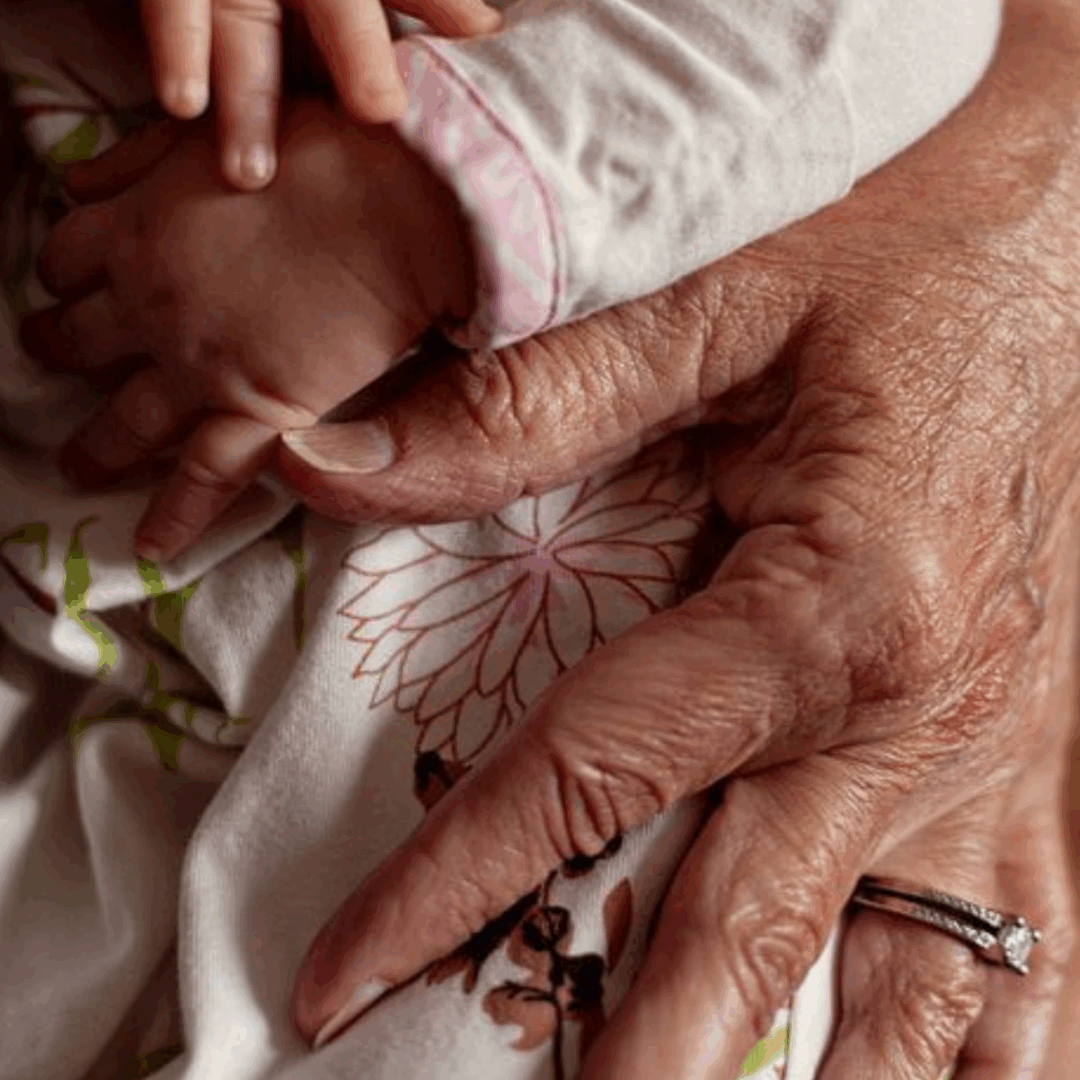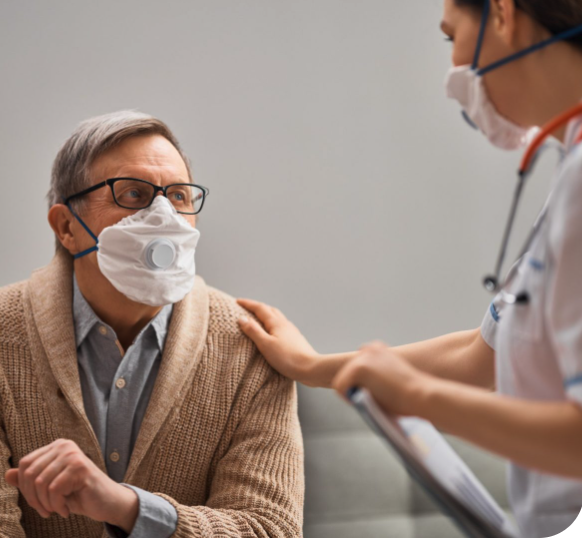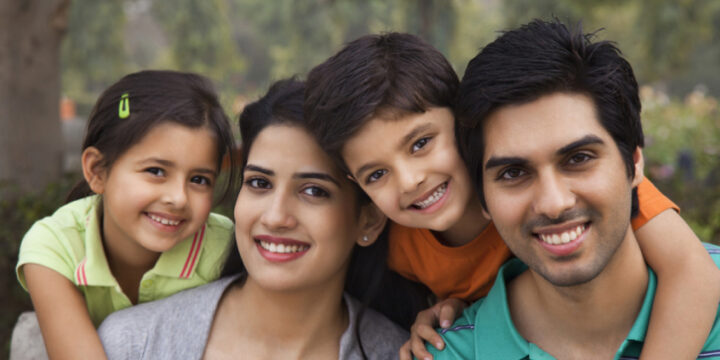Respiratory Syncytial Virus (RSV)
What is Respiratory Syncytial Virus (RSV)?
Respiratory syncytial virus (RSV) is a common respiratory virus that can cause cold-like symptoms or more severe illness like pneumonia. RSV usually spreads seasonally in the fall and winter, along with influenza (flu) and COVID-19. This virus can be particularly dangerous for infants, older adults, and those with compromised immune systems. RSV can lead to bronchiolitis (inflammation in the small airways in the lung) and pneumonia (infection of the lung).
Fortunately, we have tools to combat RSV including maternal vaccines, vaccines for older adults, and monoclonal antibodies for all infants as well as young children who are at increased risk for severe disease.
On this page, you can explore how RSV spreads, who is at risk, what the symptoms are, and how to prevent RSV.
almost all children will get an RSV infection
How does RSV spread?
RSV is contagious and can be spread directly through coughs or sneezes from an infected person, which can lead to droplets that enter another person’s eyes, nose, or mouth.
RSV can also be spread through direct contact like kissing the face of a child with RSV or touching a surface that has the virus on it and then touching your face before washing your hands. Read more about transmission here.

Anyone can contract RSV.
Almost all children will get an RSV infection by the time they are 2 years old. In older adults, especially those aged 75 years and older, RSV can cause severe disease. RSV can also be serious for adults with chronic health conditions such as heart or lung disease.
RSV can spread easily through direct contact with an infected person.
What are the symptoms of RSV?
Common symptoms of RSV include:
- Fever
- Runny or stuffy nose
- Coughing
- Shortness of breath
- Wheezing
- Sneezing
- Decreased appetite
Additional serious warning signs of RSV in infants include irritability, decreased activity, and apnea (temporary stop of breathing).

How do you prevent RSV?
We now have tools to prevent RSV in the most high-risk groups: infants and older adults.

Infants & Maternal
There are two options to protect infants against RSV.
The first option is a maternal vaccination that is given between weeks 32 through 36 of pregnancy during RSV season (September through January in most of the U.S.). This maternal vaccination helps protect newborns until they’re about six months of age.
There are also preventative monoclonal antibodies (mAbs) that are available for newbowns. A mAb is given as a shot and provides immunity for several months up to one year. mAbs are recommended for infants younger than 8 months old during their first RSV season and high-risk young children aged 8 to 19 months during their second RSV season.

Adults
It is recommended that all adults aged 75 years and older receive a single dose of the adult RSV vaccine.
A single dose of the adult RSV vaccine is also recommended for those aged 50–74 years who are at increased risk for severe RSV disease. This includes those with certain chronic medical conditions, moderate or severe weakened immune systems, and individuals living in nursing homes. Adults who have previously received an RSV vaccine should not receive another dose.
CDC Recommended Vaccination Schedules
To ensure that your entire family is up to date on their vaccines, check out the CDC recommended immunization schedules and talk to your healthcare provider.
RSV can be particularly severe in premature infants, infants younger than 6 months old, and young children with pre-existing health conditions. However, 80% of children younger than 2 years of age who are hospitalized with RSV do not have risk factors. In the U.S., RSV is the leading cause of hospitalization in children younger than one year old. Learn more about RSV in infants and young children.
Each year RSV results in approximately 60,000–160,000 hospitalizations and 6,000–10,000 deaths among adults over 65 years in the U.S. Those at highest risk of severe outcomes related to RSV include older adults with chronic heart or lung disease, and/or weakened immune systems.
If someone is sick and has difficulty breathing, they need to seek medical attention right away. Additional warning signs include blue lips or face, irritability, decreased activity, decreased appetite, and apnea (temporary stopping of breathing). RSV can lead to bronchiolitis (inflammation in the small airways in the lung) and pneumonia (infection in the lung).
A monoclonal antibody (mAb) is not a vaccine. Vaccines work by introducing a weakened, killed, or part of a germ into your body that causes your body to make antibodies so that you can fight off any future infections and/or severe illnesses. Monoclonal antibodies are antibodies that are directly introduced into your body and provide short-term protection against RSV.


